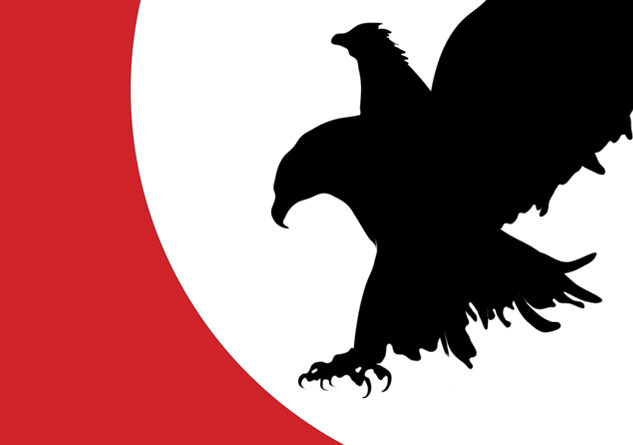How the organization started by Cesar Chavez is continuing to resonate its voice in 2017 and beyond
Arturo Hilario
El Observador
Since its birth in 1962, the United Farm Workers of America has been a beacon of hope and a fighter for the disenfranchised workers in America. As the organization hits its 55th year, there are a lot of budding challenges that UFW, along with other community and social welfare organizations, are pushing back against. By going against these threats to communities, they are showing solidarity not only for the workers they represent, but pushing against a presidency that has made it a goal detrimental to immigrants: deport, deregulate their lifelines and physically block their admittance.
One of the leaders in the UFW, National Vice President Lauro Barajas, recently reflected on the challenges that have risen from President Trump’s administration and admits that they had not prepared for a Republican win. “I didn’t believe that he could win, but we needed to adjust quick. So we just adapted as soon as we could, we started meeting right after the election. People responded.”
The Communal Strength
What has come from these communal planning is fostering good relationships with the communities and the city leaders, as well as law enforcement, mainly in Monterey County. Rapid changes coming from the White House means that one of the last lines of defense according to Barajas is these state institutions. and getting from them an agreement to continue on and essentially not act as an arm of the U.S. Immigration and Customs Enforcement.
“We have been meeting with city council, police, board of supervisors, [actor] Demian Bichir; basically to speak up in favor of our community. We’ve been organizing committees, there’s a lot going on among a lot of organizations. What we’re doing is coming together [to] have a unified voice to speak up in favor of the community for the different attacks that this administration has been doing for two months.”
Although there are raids going on in various states since the change in presidency Barajas insists the talks with local government and law enforcement have been positive. “Basically in this stage the police are saying, ‘we will continue doing our job. We will not be assisting INS. That’s not our job.’ We need to see if it’s reality, what they are telling us, but the initial response has been pretty positive.”
March to Resist
Cesar Chavez died in 1993 and left the organization to continue his legacy of organizing for migrant workers rights across California and beyond. Now 24 years later they are focusing in on immigrants rights as well.
On Sunday April 2nd the annual Cesar Chavez march will take place in 17 different cities across 6 states. This time around they are co-opting the moment as a protest against the Trump administration as well, hoping to spark debate and voice the needs and fears of the local communities. “It’s to be objective. One, we need to continue being a celebration and legacy of Cesar Chavez, the second is that it’s protesting and resisting the new administration with all the craziness that they’ve been doing.”
Barajas himself came to this country as a farmworker with his family at age 16, immediately entering a union backed job because of the UFW. “We were under union contracts, that’s why I was engaged right away with the United Farm Workers and in 1996 I started working as an organizer.”
Although he wasn’t involved as a community organizer the times he interacted with Chavez, he does resonate the messages that iconic leader of the UFW left on the community, the organization and the world. “Cesar Chavez gave us a great lesson and it’s big enough to be a big example for the entire country. So the different communities should stand up and start meeting.”
Barajas hopes that the march on Sunday will have an impact in promoting the ideas of the UFW. In the way the words “Sí Se Puede” command a sense of duty to uphold dignity and courage against adversity, there can be a push for organizing and speaking out against what these communities see as injustices. “I think we’re going to have a historic march and that’s because the organizations, the community know they have to come out and speak, and speak loud. So my messages for the different communities is to stand up, come together, get organized. That’s the only way you can do it.”
More information on the march and the United Farm Workers of America is at http://www.ufw.org.






